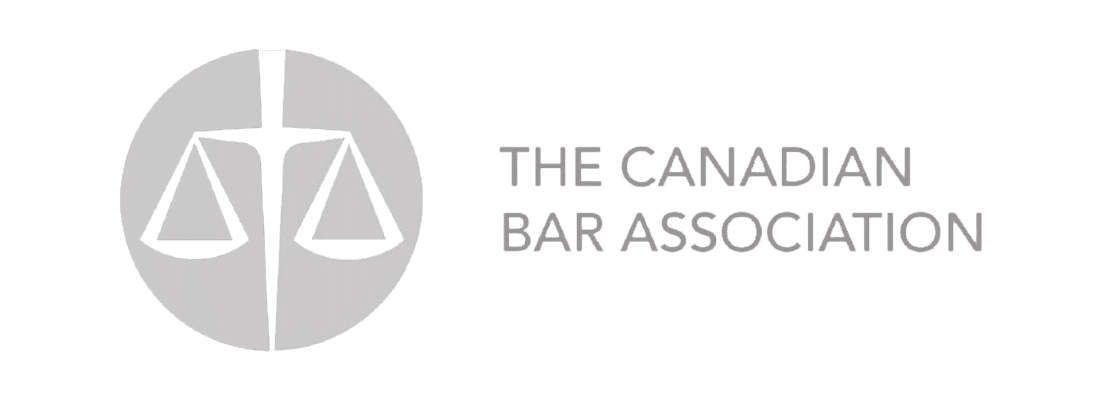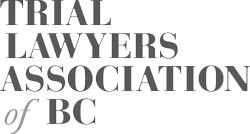If you’ve been injured in a car accident, you’ll want to know about how a personal injury lawsuit proceeds. Here’s a brief primer.
When you first see your lawyer, he or she will question you about all the relevant facts. Then your lawyer may start your lawsuit by filing a Notice of Civil Claim in Supreme Court. Personal injury claims must usually be started within two years of the accident.
ICBC is typically involved in any injury claim arising out of the use of a motor vehicle in British Columbia. They’ll file a Response to Civil Claim on behalf of the owner and/or driver of the vehicle that collided with you.
Next, both sides usually prepare a list of the documents in their control or possession relating to the claim. All relevant documents – whether they help or hurt your claim – must be listed, and copies are typically exchanged. This includes any statements you made to ICBC and records obtained from your employer or doctors who treated you for your injuries. But e-mails, letters and other communications between you and your lawyer are “privileged,” so they aren’t produced.
After the relevant documents have been disclosed, “examinations for discovery” are usually arranged, either at your lawyer’s offices or elsewhere. This involves the opposing lawyer questioning you under oath about the facts in issue in the lawsuit. If ICBC agrees that the other driver was at fault, then the questions will focus on your injuries – how the pain affected your life, how long you were off work for, etc. If fault isn’t admitted, you’ll also be asked about how the accident happened and your lawyer will question the other driver about the cause of the accident. A court reporter records the proceedings and produces a “transcript” or record of each person’s sworn evidence.
As the claim progresses, you may be asked to show your tax returns and pay stubs (if you have a loss of income claim) and other relevant documents.
In many cases, expert medical reports are exchanged. Your lawyer will likely obtain a written opinion from your doctor or doctors concerning the nature of your injuries and likely future progress of recovery. ICBC, acting for the defendant vehicle owner and/or driver, may also require you to be examined by a doctor of their choosing.
Often, before a trial, the lawyers need to ask the court to decide how certain aspects of the lawsuit should be handled. You won’t need to be present, as the lawyers read “affidavits” (sworn legal documents) and other documents to present the evidence at these “interim applications.”
Negotiation and “settlement” (an agreement as to the amount of money the insurance company will pay you) typically take place after the examinations for discovery. By then, both lawyers usually have a good idea of the strengths and weaknesses of your claim. In some cases, mediation may be arranged, where you and the lawyers meet with an independent mediator to see if a mutually agreeable resolution can be reached. Only a very small percentage of cases go to trial.
Be patient, as the process takes time. Your lawyer will be by your side throughout and help obtain the best compensation for you.
Janice Mucalov, LL.B. for Gertsoyg & Company. This column provides information only and must not be relied on for legal advice. Please call Gertsoyg & Company at (604) 602-3066 for a free legal consultation concerning your particular case.





